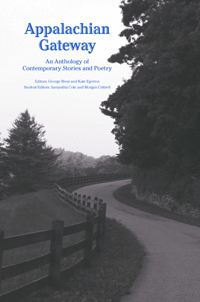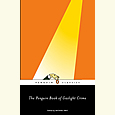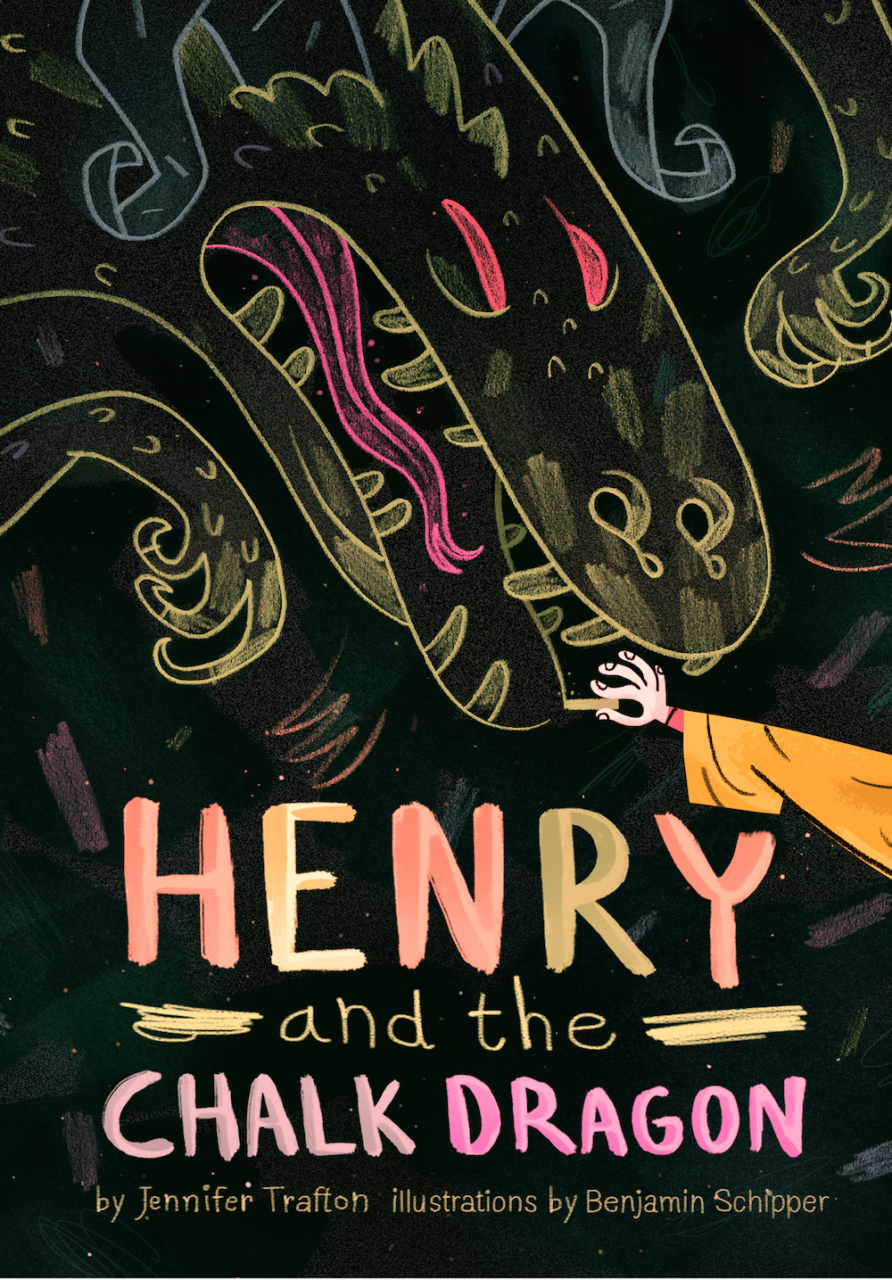An Act of Gratitude
A new anthology of Appalachian literature celebrates mountain writers
The aptly titled Appalachian Gateway: An Anthology of Contemporary Stories and Poetry is meant to be less an exhaustive representation of the region’s great talents than an introduction that will draw more readers into the field. With a diverse and prize-winning group of writers including Nikki Giovanni, Barbara Kingsolver, Jeff Daniel Marion, Sharyn McCrumb, Ron Rash, Lee Smith, and Charles Wright, the collection will no doubt do that and more. In one of the book’s extensive biographies, Ron Rash sums up an unspoken tenet among the authors featured here: “I think one of the reasons I write is that it is an act of gratitude that the people who came before me sacrificed so much.” It is also with gratitude that readers turn to Appalachian writers who remind us of the connections between the landscape and ourselves.
Editors George Brosi and Kate Egerton have carefully selected work that readers have come to love from this region. The playful prose of Pinckney Benedict, the flooring insights of Charles Wright, the best-friend “confessionals” of Lee Smith, and the beloved reminiscing of Jeff Daniel Marion are all to be found here. As with many anthologies, the real gift of such a collection is not merely the work by household names but that of less-familiar writers, too. Poet Frank X Walker and fiction writer Crystal Wilkinson, for example, remind us that Appalachia is home to African-American mountain folk as well as to the Scots and the Irish.
Crystal Wilkinson’s stand-out short story, “Sixteen Confessions of Lois Carter,” is composed of sixteen connected prose sections about a white woman’s marriage to an African-American man and the quiet condemnation she faces from her community forever after. In this poignant, understated short story, the acceptance of loneliness slowly builds so that by the end the reader feels the anger the main character has not allowed herself to feel. As Lois explains, “If Mother knew me at all, she would know that I have spent what seems like a lifetime holding my tongue.”
 As wonderful as Wilkinson’s story is, the others in the anthology also delight. Sassy Appalachian female narrators abound, as in Meredith Sue Willis’s story, which manages to sum up one character in few words: “Elvissa rhymes with Louisa and her hobby was New York City.” Also present are detailed natural descriptions from Ron Rash and Barbara Kingsolver. An eco-narrative focus showcases Kingsolver’s talent in the story “Homeland”: “We lived in Morning Glory, a coal town hacked with sharp blades out of a forest that threatened always to take it back. The hickories encroached on the town, spring up unbidden in the middle of dog pens and front yards and the cemetery.”
As wonderful as Wilkinson’s story is, the others in the anthology also delight. Sassy Appalachian female narrators abound, as in Meredith Sue Willis’s story, which manages to sum up one character in few words: “Elvissa rhymes with Louisa and her hobby was New York City.” Also present are detailed natural descriptions from Ron Rash and Barbara Kingsolver. An eco-narrative focus showcases Kingsolver’s talent in the story “Homeland”: “We lived in Morning Glory, a coal town hacked with sharp blades out of a forest that threatened always to take it back. The hickories encroached on the town, spring up unbidden in the middle of dog pens and front yards and the cemetery.”
Frank X Walker’s work is on display in an exceptional selection of poetry, which includes an honest, unsentimental poem about the hatred between a stepfather and his stepson:
The angry eyes glaring from across the room,
remind me that I hated my stepfather too.
Mine was vain and loud. He sang his foreplay
in the mirror in falsetto, rocked the bed frames
until she cried out.
The poem continues with the speaker considering his own behavior now as a stepfather himself, discussing it in locker-room terms of “measuring” his manhood. Yet this is not a crass poem in any way, nor even a sexual one, the sex serving as assertions of power and ownership. Such raw poems that implicate the speaker, as well, are what more anthologies could use.
Another standout is the excellent poetry of Kathryn Stripling Byer whose verse avoids the too-narrow risk of any regional collection, moving instead from the regional to the universal. For example, in “Mountain Time,” the poem moves from the mountain roads to the world’s woes, pivoting as gracefully as a Shakespearean sonnet:
We’ve heard the old stories
run down, stutter out
into silence. Who knows where we’re heading?
All roads seem to lead
to Millennium, dark roads with drop-offs
we can’t plumb.
In terms of universality, the poetry in this collection is on the whole not as strong as the fiction. And some inquiry into the often paradoxical nature of regional literature is something the detailed overview of Appalachian literature would have been wise to include. For instance, how is Appalachian literature defined? Is it simply any work by a writer in or from the region, or does it also need somehow to depict the region itself? As the introduction notes, Cormac McCarthy is not known as an Appalachian writer, despite the fact that his first four books are set in Knoxville, Tennessee, and that he lived in Appalachia until he was fifty. Why is this? It would have been nice to benefit from the editors’ expertise on such matters.
Nevertheless, this book will appeal to general readers, and the editors have also thoughtfully organized the book for course adoptions by teachers. One striking attribute of the anthology is the extensive use of the student editors, Samantha Lynn Cole and Morgan Cottrell. Knowing that students themselves reflected on what should be included makes this collection a tempting one to adopt for a college course. Additionally, each writer’s work is book-ended by a conversational yet in-depth biographical sketch and a list of published interviews and essays for professors and autodidacts to explore further.
Some features of Appalachian literature that readers have come to cherish include an attention to family, work, and the landscape, particularly a writer’s connection to or isolation from that land. This focus often leads to a sense of loss that many of these writers eloquently describe. What is clear from this anthology is that Appalachian literature is a force that is not going away with foreclosed family farms. Whatever the future of Appalachia may be, one thing is certain: its poetry and prose are vibrant, original, and strong.


